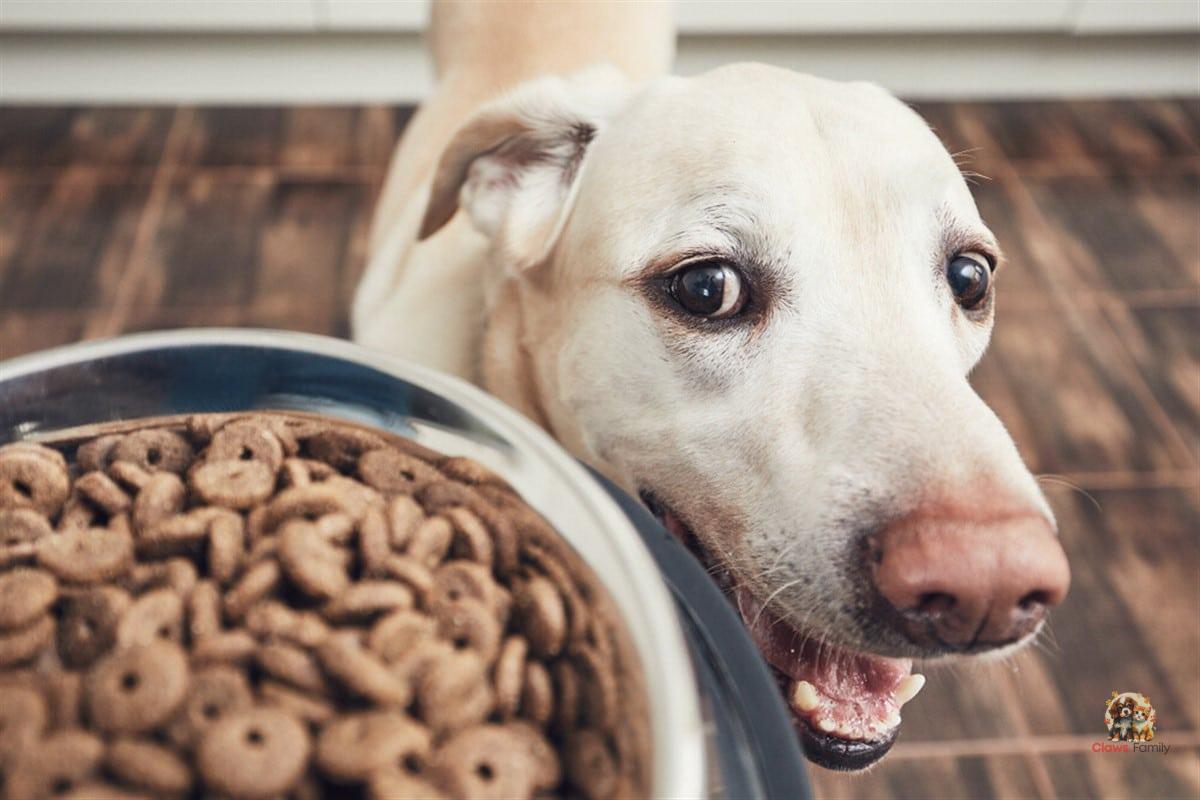Providing our dogs with a healthy and balanced diet is an important commitment for every owner, and we could say it's one of our duties when we decide to adopt a dog. However, it’s also fair to wonder if what we offer our four-legged friends truly reflects their preferences. Dogs, just like humans, have their favorite foods, influenced by instinct and past gastronomic experiences.
Dogs are fundamentally carnivorous animals, but over the centuries, their proximity to omnivorous owners has led to an evolution in their diet: they definitely favor animal proteins, but unlike cats, they can also appreciate other foods. It's crucial to acknowledge the emergence of predatory instincts in dogs, such as their attraction to decomposed meat during a walk, a behavior they inherit from their wolf ancestors.
Favorite foods for dogs
Among canine dietary preferences, red meat certainly prevails over white meat or fish; beef and pork are never absent from the list of favorite foods. Even though their diet does not recommend salt, they love particularly salty foods and prefer wet over dry, as evidenced by their greater interest in canned food compared to kibble.
Of course, the dog’s personal taste plays a significant role: some have a sweet tooth (another element that should not appear in their diet), some love crunchy foods, while others even appreciate vegetables.
Which foods are "forbidden" for our dogs?
But which foods should we avoid offering our furry friends? We should avoid foods that are too salty or too sweet, along with mushrooms, avocados, nuts, hazelnuts, grapes, garlic, and onions, as previously mentioned. Avoid raw eggs (they carry the same risk of salmonella as humans), meats with small bones like chicken to prevent choking, and cat food.
Cat food is richer in proteins and fats, and if the dog habitually eats it, it could lead to digestive issues and obesity, overburdening the kidneys. Of course, eating a can of cat food won’t cause immediate problems, but it should not become a habit.
How much should our dog eat?
How much food should we provide to our four-legged friends? The nutritional needs vary based on several factors, such as age, physical activity, and breed. Generally, the amount of food corresponds to the dog's body weight, but during pregnancy, lactation, or intense physical activities, the needs may alter.
More: Dog Nutrition


